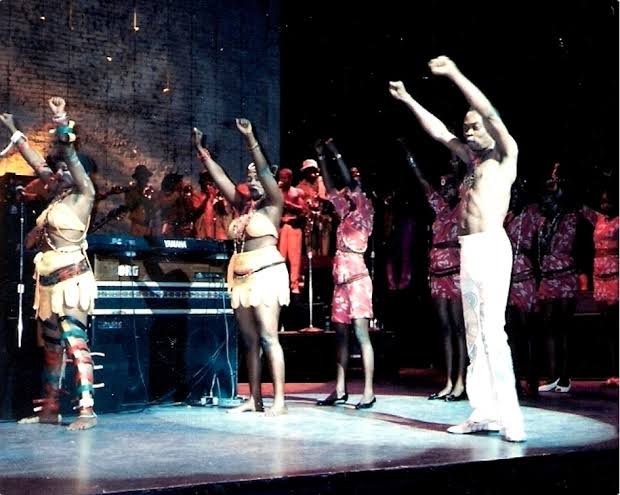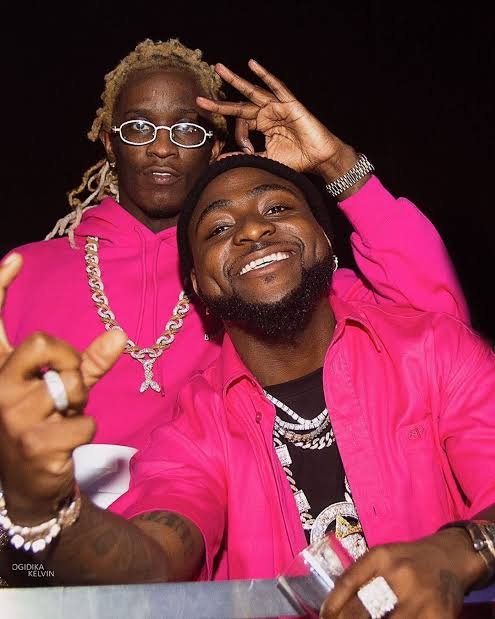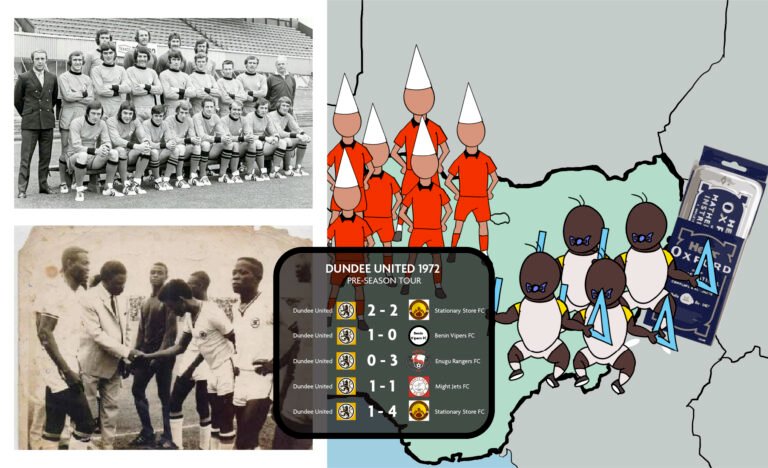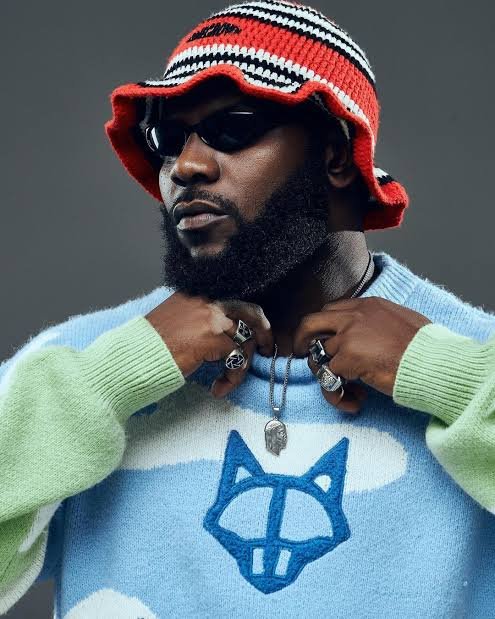Exploring How Past Pop Culture Events Mirror Present-Day Realities
The meteoric rise of Afrobeats and African culture in recent years might seem like a sudden phenomenon to the younger generation. Yet, a closer look reveals a rich and cyclical history, where past pop culture events mirror present-day realities. Since at least 1966, if not earlier, there has been a notable trail of pop culture occurrences that have contributed to the eclectic backdrop of African stars rising to prominence on the global stage. Pioneers like Fela Kuti, Miriam Makeba, and Ali Farka laid the groundwork for a universal movement transcending borders and today, their enduring legacy is reflected in the dominance of contemporary artists like Burna Boy, Rema, and [Ckay](https://www.billboard.com/lists/shazam-20th-anniversary-most-shazamed-song-artist/#:~:text=For example%2C the longest-running,said in a press statement.) on international stages and platforms.

From Fela Kuti’s electrifying performance at the Apollo Theatre in New York City in 1989 to Burna Boy’s captivating presence on the same stage three decades later, what we are witnessing is a journey marked by a long-standing appreciation that predates its current prominence. These moments underscore the unrivaled power of music to bridge cultural divides and find common ground even in a constantly fragmented world. Landmark collaborations, exemplified by Youssou N’Dour and Neneh Cherry’s “7 Seconds,” have paved the way for contemporary unions like Beyoncé’s partnership with Wizkid on “Brown Skin Girl,” delving into shared themes of colorism and racial struggles resonating with hundreds of millions of people across continents. These collaborations serve as more than mere showcases of individual talent; they represent a profound cultural exchange, shaping the global discourse on impact and achievement. Miriam Makeba’s groundbreaking first Grammy win as part of a collaboration finds resonance in Wizkid and Tems’ recent victories, catapulting them into the spotlight.
It is very satisfying to witness African music and culture gracefully ascend to its rightful place in the mainstream spotlight. It is even more remarkable to recognize that it has always been appreciated and celebrated, even before its current incarnation. The parallels between past and present collaborations not only showcase the talent and creativity of Africa, but also highlights the transformative power of music, offering poignant reflections on our collective journey through pop culture’s ever-evolving kaleidoscope.



